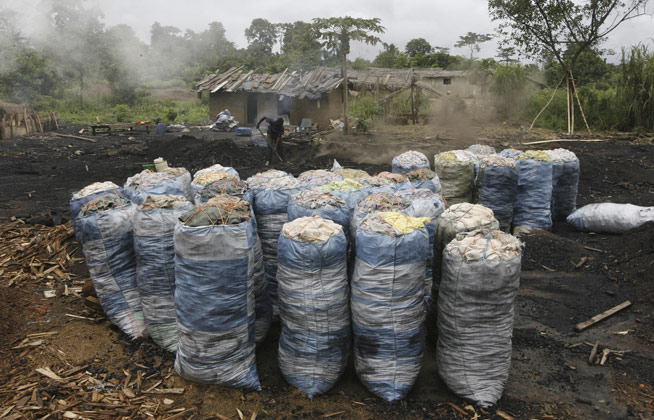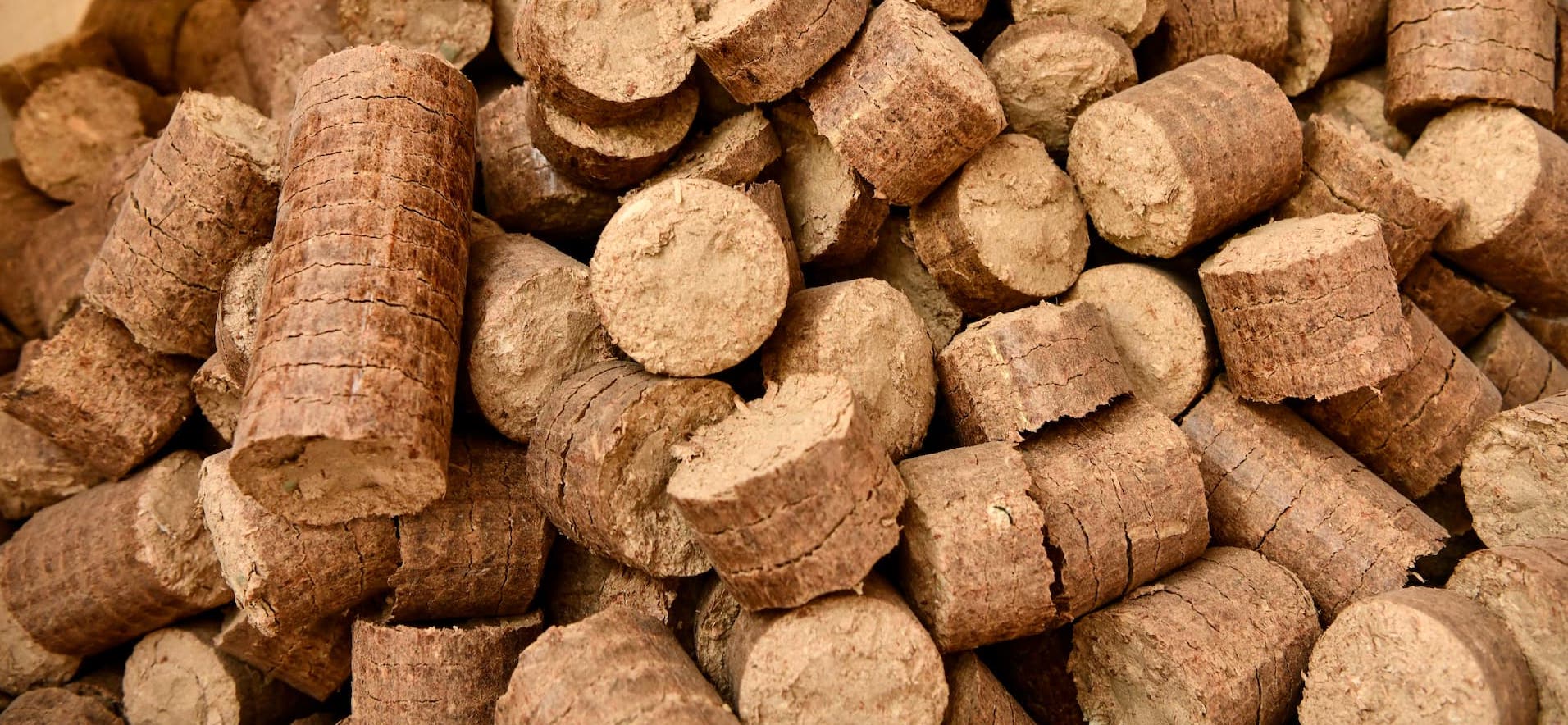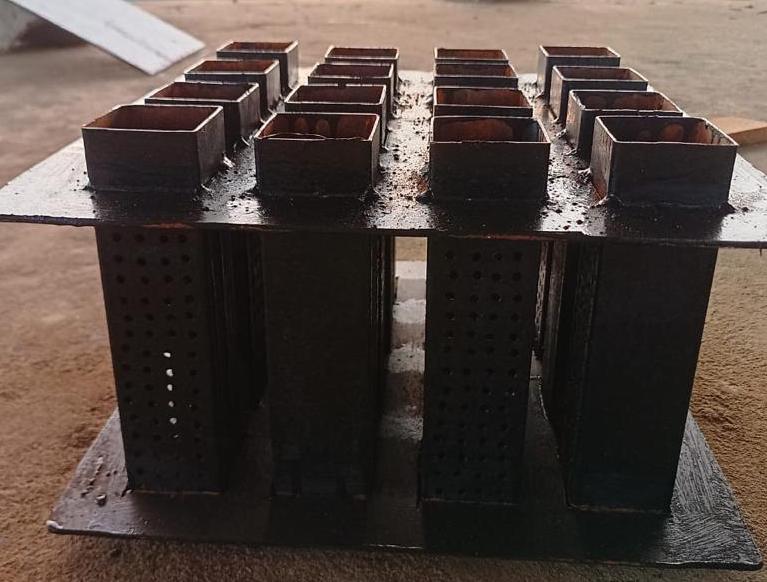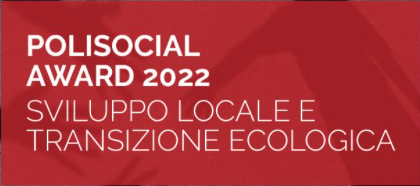CHAR:ME
THE PROJECT
The CHAR:ME project is one of the winners of the POLISOCIAL AWARD 2022 – “Local Development and Ecological Transition” from Politecnico di Milano. The project aims at the development and dissemination of sustainable technologies for recovering solid fuel from organic waste. The goal is to replace conventional alternatives such as firewood and charcoal, which are among the main causes of deforestation in developing countries.
SECTORS OF INTERVENTION

Sustainability, Clean Cooking, Environmental protection
Location

Hell-Ville, Nosy Be,
Madagascar
Donors

Polisocial Award 2022 – Politecnico di Milano
TEAM

DICA, DCMC, DENG, DEIB e TTO – Politecnico di Milano
Blucomb SRL
Demetra Società Cooperativa Sociale ONLUS
BENEFICIARIES

300 families
DURATION

18 months
(Jan2023 – Jul2024)
THE PRoblem
The project takes place in the Antsiranana province in the northwest region of Madagascar, which is affected by intensive exploitation of primary forests for the production of firewood and charcoal used as fuel for domestic food cooking. This practice has been and continues to be a cause of significant environmental and social damage in Madagascar, including
- Loss of 40% of forest cover and subsequent loss of biodiversity
- Emission of 1-2.4 Gt CO2-eq per year, equivalent to 2-7% of total anthropogenic emissions (a portion of these emissions is due to domestic food cooking)
- Women and children spend an average of 2.2 hours per day collecting fuel
- Health risks due to the release of pollutants in enclosed environments (e.g., carbon monoxide, particulate matter), with 16,500 cases of premature death each year.

objectives
main objective
Developing and disseminating a sustainable technology for recovering solid fuels from organic waste.

specific objectives
-
Reducing deforestation by replacing the use of traditional fuels with a new solid fuel derived from organic waste.
-
Preserving biodiversity in collection areas by promoting sustainable forest management through awareness-raising activities in the involved areas.
-
Decreasing greenhouse gas emissions by substituting wood charcoal with a new fuel derived from organic waste.
-
Ensuring responsible production of the new fuel, minimizing the release of harmful chemicals and pollutants into the environment.
The activities


